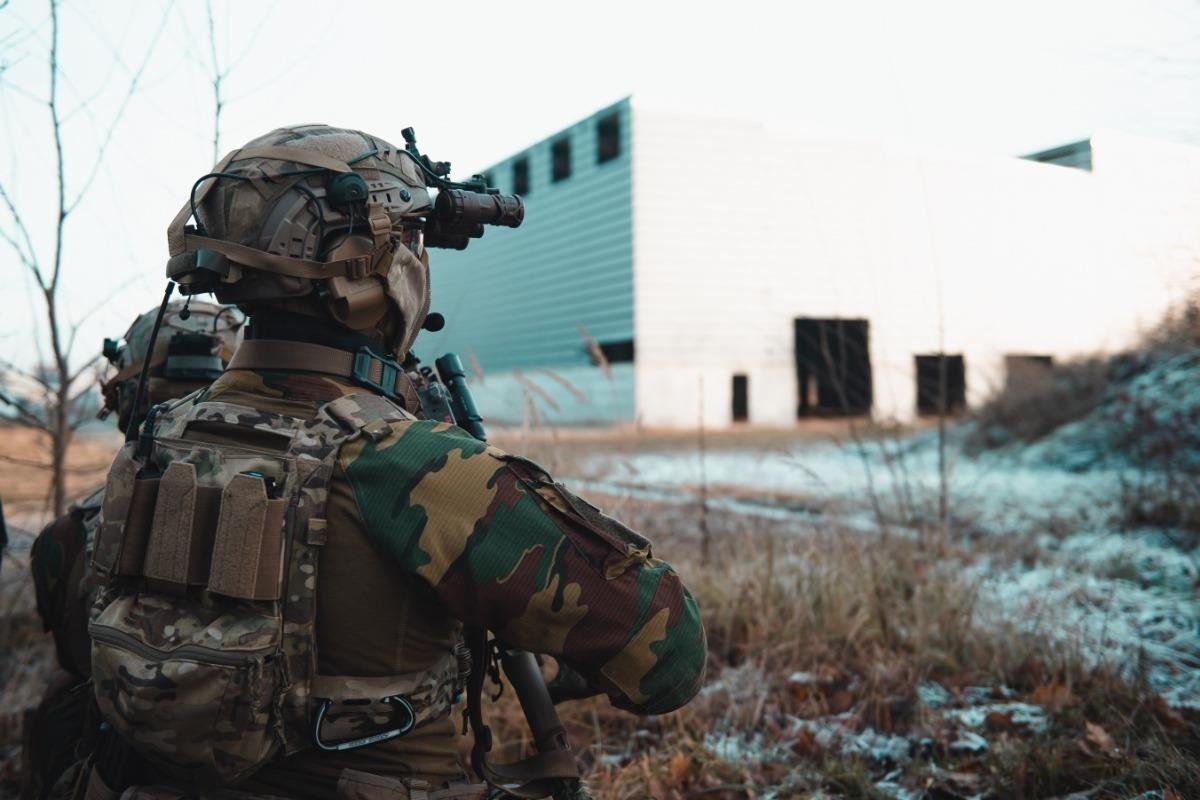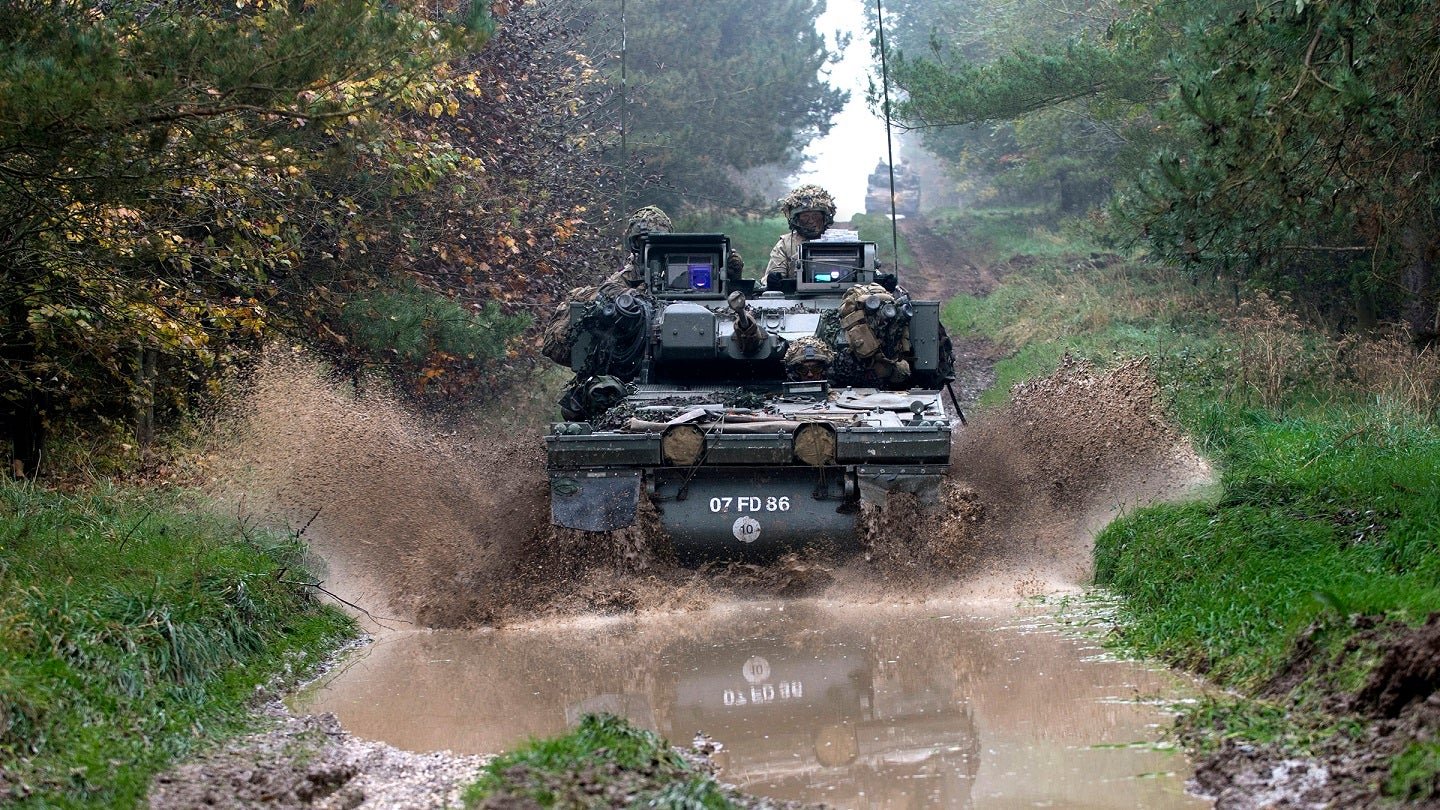UK Labour Party leader Keir Starmer asserted a “triple lock” commitment to the country’s nuclear weapons and promised to build four new nuclear-armed Dreadnought submarines during a speech in Greater Manchester today (3 June).
“On the nuclear deterrent, it is fundamental, it is a vital part of our defence and, of course, that means we have to be prepared to use it,” Starmer said in a bid to win over traditionally Conservative voters ahead of the UK’s general election on 4 July. Polls predict Labour will win a general election for the first time since 2005 and bring an end to 14 years of outright Conservative Party governance.
Starmer also emphasised that his “changed Labour party” will prioritise national security amid an increasingly turbulent geopolitical landscape – the party having stood against the Trident programme under former leader Jeremy Corbyn.

It is not just now-party-exiled Corbyn who has opposed government investment in Trident. Two of Starmer’s closest allies, Shadow Deputy Prime Minister Angela Rayner and Shadow Foreign Secretary David Lammy, both voted against replacing the UK’s four nuclear missile submarines in 2016.
When asked about this potential division on nuclear policy by the BBC and ITV, Starmer said: “I lead this party, I changed this party”, and he described Trident as a “fundamental part of our defence”.
What are Labour’s defence policies?
Starmer, Lammy and Shadow Defence Secretary John Healey have maintained that the Labour Party will match the Conservatives’ pledge of spending 2.5% of GDP on defence.
The UK currently allocates 2.3% of GDP to defence, amounting to $62.8bn in 2023, according to GlobalData.
Whether it is Starmer or current Prime Minister Rishi Sunak who wins the election next month, their 2.5% pledges would see this defence spending rise to more than $110bn by 2030.
Is such spending misguided? Revised GDP data released in March showed the UK economy entered a recession in the final six months of 2023 despite Chancellor Jeremy Hunt saying the Conservatives had managed to get the economy “back on track”.
Starmer’s military promises mirror that of the current UK government, according to Tom Unterrainer, chair of the Campaign for Nuclear Disarmament (CND) but should focus on improving public services and living standards.
“Keir Starmer is trying to make this election about security but has given no justification for how nuclear weapons ensure this,” said Unterrainer. “For a man who claims to care about international law, there is no mention of how expanding and modernising Britain’s nuclear arsenal goes against these norms. We need a bold vision for what real security means – one that puts climate, food security and people at its heart, not more militarism and conflict.”
Last month, the government said the design and manufacture of the four submarines at the Barrow-in-Furness shipyard will cost £35bn ($44bn). CND, however, estimated the lifetime cost of the entire Dreadnought ship, submersible, ballistic, nuclear programme will exceed $205bn.
Doubts have also been raised over Trident’s military readiness after it failed a test firing for the second time in a row in February.
While Starmer asserted his wish to avoid “partisan” stances over national security in his speech today (3 June), the nuclear question remains highly political.
Labour has historically been attacked as weak on national security, a lingering association Starmer is striving to dispel amid attacks from Sunak and UK defence secretary Grant Shapps.
To this end, Starmer has unveiled 14 ex-military personnel as Labour candidates, including former Royal Marine Colonel Alistair Carns, former army intelligence officer Louise Jones and former Royal Air Force Commanding Officer Calvin Bailey.
Aside from replacing the Vanguard fleet, his other defence pledges include a Strategic Defence and Security Review within Labour’s first year of government, looking specifically at the dwindling size of the British Army and reports of sub-standard military housing.











